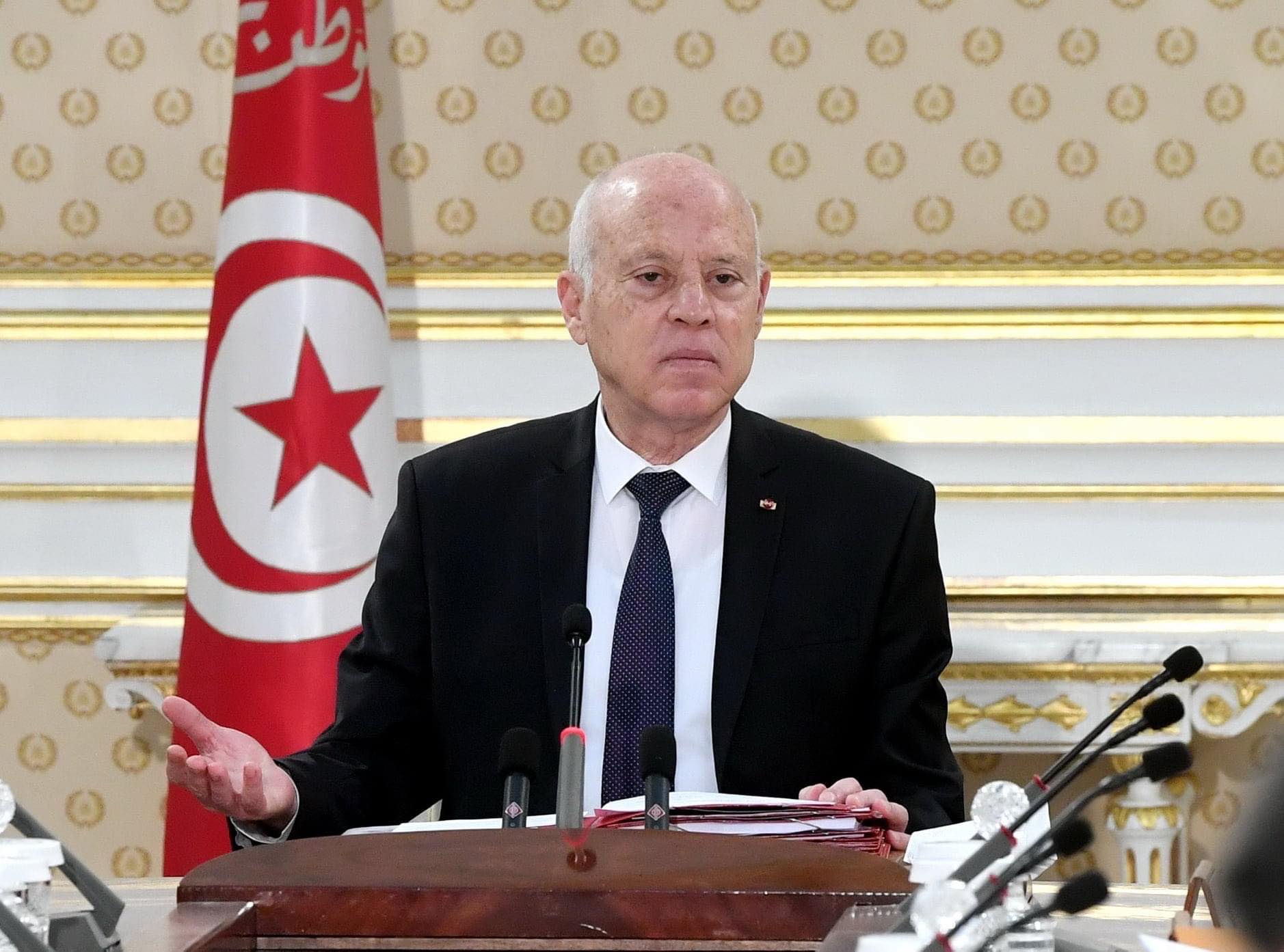The new Decree 2022-54, promulgated by President Saied on Tuesday13 September 2022, without any consultation or public debate, threatens the right to freedom of expression and privacy in Tunisia and must be immediately revoked, the International Commission of Jurists (ICJ) said today.
The Decree gives wide powers to the Ministry of Defense and the Ministry of Interior that can be used in violation of the right to privacy, including by allowing civilian and military law enforcement officers to access any information system or device, inspect them and collect any stored data that can help establish the truth (article 9).
The Decree further provides for a penalty of five years’ imprisonment and a fine of 50,000 Tunisian dinars (about 16,000 euros) for anyone “who deliberately uses communication networks and information systems to produce, promote, publish or send false information or rumors”. The penalty is “doubled” in the case that such information or rumors target state officials (article 24)
“The Decree provides the Tunisian authorities with wide, unchecked powers and tools to crackdown on the right to freedom of expression and to arbitrarily interfere with the right to privacy and to data protection , ” said Said Benarbia, Director of the ICJ MENA programme. “Because its provisions are so overbroad and vague, the Decree opens the door to criminalizing the work of journalists, activists, and critics, subjecting them to lengthy prison sentences and excessive fines.”
The ICJ is deeply concerned that because what amounts to false information or rumour is often contested, the decree would permit authorities to control what journalists, human rights defenders, political opponents and ordinary people are saying, online and offline, and impose heavy punishments if their speech is deemed critical of public officials, in violation of Tunisia’s obligations under international law.
International human rights law requires any restrictions on the right to privacy and to freedom of expression, as protected by article 17 and 19 of the ICCPR, to which Tunisia is a State party, to be lawful, necessary for a legitimate purpose, and proportionate to that end.
The Decree is the latest in a concerted campaign by President Saied to dismantle the rule of law in Tunisia, weaken judicial independence and the judicial protection of rights, restrict the civic space and stifle dissent.
The ICJ calls on the President to rescind all decisions and revoke all Decrees that arbitrarily and unlawfully restrict fundamental rights and freedoms, and to remove all undue restrictions on the work of journalists and activists, as required by international law and standards.
Contact
Said Benarbia, Director of the ICJ’s Middle East and North Africa Programme, email: said.benarbia(at)icj(dot)org, phone number: +41-22-979-3817





